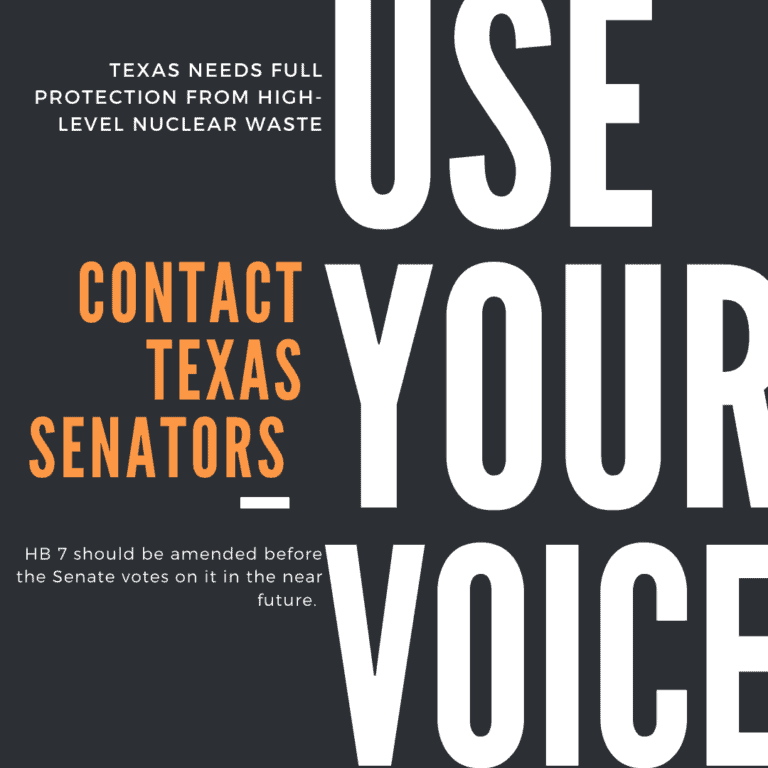I love honest people. Engaging in straightforward discussions and even arguments is one of my favorite pastimes. This morning, I opened up my copy of Chesapeake Energy’s annual report and read the following clear statement of objectives:
Some of the great public debates of the next 10 years will focus on how we should meet America’s growing need for more electricity. Presently, coal meets 52% of our electricity needs, nuclear 21%, natural gas 21% and hydro, wind and other renewables about 6%. It is imperative for our company and industry that natural gas be seen as the preferred solution (emphasis added) to meeting the twin challenges of generating more electricity in the years ahead while at the same time reducing greenhouse gas emissions.
Chesapeake Energy demonstrated part of how it intended to meet that objective during the recent discussions in Texas about TXU’s plans to build new coal fired generation right in the heart of Chesapeake’s primary production areas – the US mid-continent. During that discussion, Chesapeake Energy set up a group called the Clean Sky Coalition and ran a series of TV ads with the theme of “Face it, Coal is Dirty”. (See, for example, a story by John J. Fialka in the April 27, 2007 issue of the Wall Street Journal titled Coalition Ends Ad Campaign Bashing Coal)
The letter from the Chairman in the annual report provides a good look at what I believe is a strong strategy for making a good profit. There is, after all, a reason why I receive the annual report – I have been an investor in the company for quite a number of years. However, I do think it is important for my pro-nuclear colleagues to enter the battle with open eyes. Here is an important part of the stated strategy:
Today we see policymakers promoting alternative fuels such as wind, solar, biofuels, and nuclear. These are all legitimate alternatives (though some much less so than others), yet none can offer energy in great abundance at reasonable price anytime soon. On the other hand, burning natural gas instead of gasoline, diesel or coal reduces greenhouse gas emissions by approximately 50%. We believe the evidence clearly demonstrates that natural gas is by far the most practical solution to the problem – it is abundant, affordable, reliable, clean burning and domestically produced.
To spread the word about the positive attributes of natural gas, Chesapeake has recently helped establish a foundation based in Washington, D. C., called the American Clean Skies Foundation (www.americancleanskies.com). This foundation will become a leading voice in the debate about how to reduce greenhouse gas emissions and avoid abrupt climate change. The foundation will encourage conservation of all types of energy, but will primarily advocate the increased use of natural gas in the U. S. and around the world.
Read that last sentence carefully again and see if you see the contradiction.

